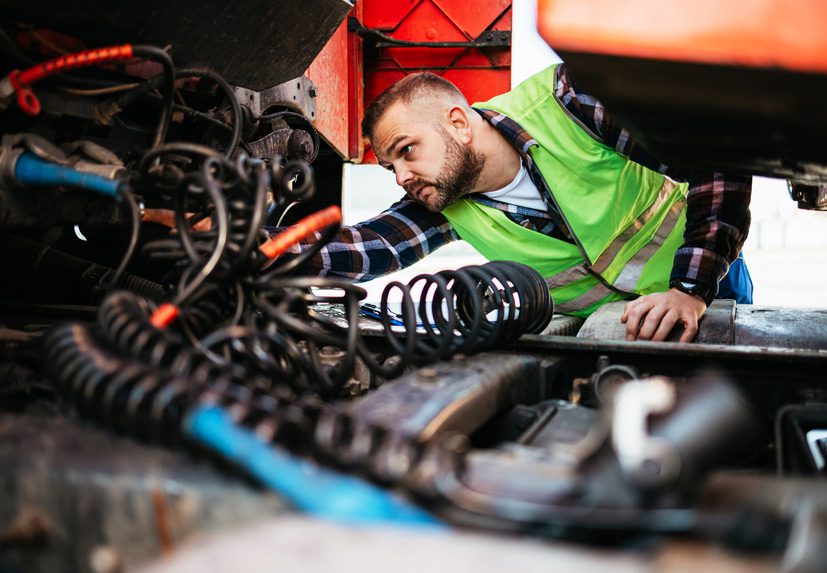From Accidents to Advocacy

Improper maintenance and regulation in Nevada law can have significant implications across various sectors, including property management and transportation. When maintenance standards are neglected or regulations are not enforced, it can lead to unsafe conditions, property damage, and even personal injuries.
Challenges of Improper Maintenance and Regulation
In the transportation industry, improper maintenance of vehicles, particularly commercial trucks, poses serious safety risks to drivers, passengers, and others on the road. When trucking companies fail to adhere to maintenance schedules or overlook critical safety checks, it can lead to mechanical failures, brake malfunctions, or tire blowouts, contributing to accidents and injuries.

Case Results
FAQs About Improper Maintenance and Regulation in Nevada Law
How can I prove that a trucking company engaged in improper maintenance?
Proving improper maintenance by a trucking company often requires thorough investigation and evidence gathering. This may involve obtaining maintenance records, conducting forensic examinations of the vehicle involved in an accident, interviewing witnesses or employees, and consulting with industry experts to assess compliance with maintenance standards and regulations.
What are the consequences of improper maintenance in the transportation industry?
Improper maintenance in the transportation industry can have severe consequences, including accidents, injuries, property damage, and legal liabilities for trucking companies. In addition to facing civil lawsuits and regulatory penalties, companies found guilty of negligence in maintenance may suffer reputational damage and financial losses.
How can I ensure compliance with maintenance regulations in my transportation operations?
To ensure compliance with maintenance regulations, transportation companies should establish robust maintenance protocols, conduct regular inspections and audits, provide adequate training to employees, and prioritize proactive maintenance to address issues before they escalate into safety hazards or legal liabilities. Seeking legal counsel and staying informed about relevant laws and regulations can also help mitigate risks associated with improper maintenance.
